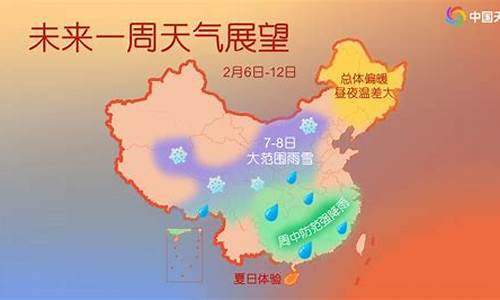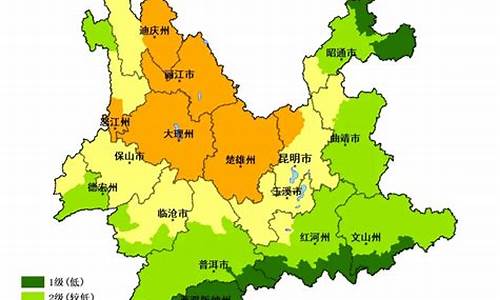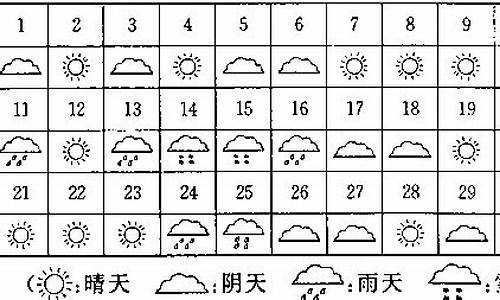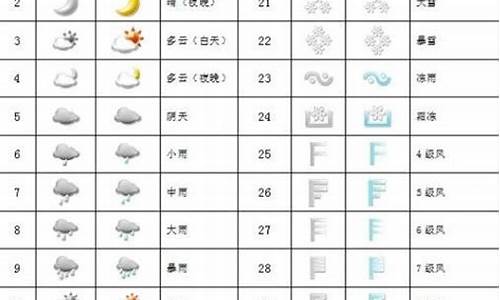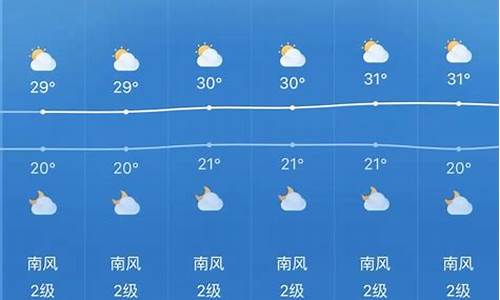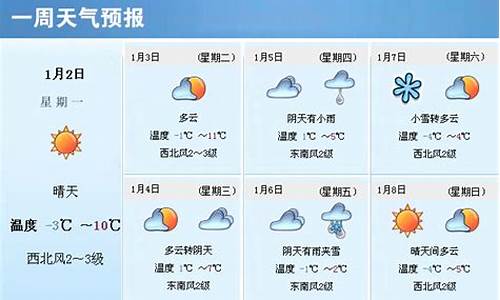与天气无关英语_这件事天气无关英语
1.无论天气怎么样清洁工们总是按时清扫街道这句英语怎么写
2.英语有关天气的语法
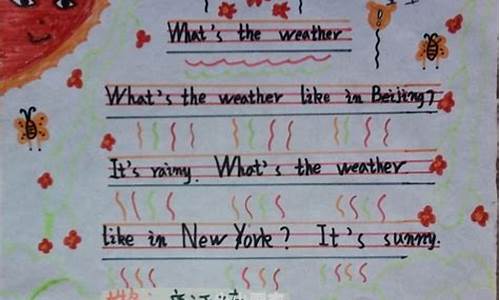
The weather is a set of all the phenomena in a given atmosphere at a given time. It also includes interactions with the hydrosphere. The term usually refers to the activity of these phenomena over short periods (hours or days), as opposed to the term climate, which refers to the average atmospheric conditions over longer periods of time. When used without qualification, "weather" is understood to be the weather of Earth.
Weather most often results from temperature differences from one place to another. On large scales, temperature differences occur because areas closer to the equator receive more energy per unit area from the Sun than do regions closer to the poles. On local scales, temperature differences can occur because different surfaces (such as oceans, forests, ice sheets, or man-made objects) have differing physical characteristics such as reflectivity, roughness, or moisture content.
Surface temperature differences in turn cause pressure differences. A hot surface heats the air above it and the air expands, lowering the air pressure. The resulting horizontal pressure gradient accelerates the air from high to low pressure, creating wind, and Earth's rotation then causes curvature of the flow via the Coriolis effect. The simple systems thus formed can then display emergent behaviour to produce more complex systems and thus other weather phenomena. Large scale examples include the Hadley cell while a smaller scale example would be coastal breezes.
The strong temperature contrast between polar and tropical air gives rise to the jet stream. Most weather systems in the mid-latitudes are caused by instabilities of the jet stream flow (see baroclinity). Weather systems in the tropics are caused by different processes, such as monsoons or organized thunderstorm systems.
Because the Earth's axis is tilted relative to its orbital plane, sunlight is incident at different angles at different times of the year. In June the Northern Hemisphere is tilted towards the sun, so at any given Northern Hemisphere latitude sunlight falls more directly on that spot than in December (see Effect of sun angle on climate). This effect causes seasons. Over thousands to hundreds of thousands of years, changes in Earth's orbital parameters affect the amount and distribution of solar energy received by the Earth and influence long-term climate (see Milankovitch cycles).
On Earth, common weather phenomena include such things as wind, cloud, rain, snow, fog and dust storms. Less common events include natural disasters such as tornadoes, hurricanes and ice storms. Almost all familiar weather phenomena occur in the troposphere (the lower part of the atmosphere). Weather does occur in the stratosphere and can affect weather lower down in the troposphere, but the exact mechanisms are poorly understood.[1]
The atmosphere is a chaotic system, so small changes to one part of the system can grow to have large effects on the system as a whole. This makes it difficult to accurately predict weather more than a few days in advance, though weather forecasters are continually working to extend this limit through the scientific study of weather, meteorology. It is theoretically impossible to make useful day-to-day predictions more than about two weeks ahead, imposing an upper limit to potential for improved prediction skill.[1] Chaos theory says that the slightest variation in the motion of the ground can grow with time. This idea is sometimes called the butterfly effect, from the idea that the motions caused by the flapping wings of a butterfly eventually could produce marked changes in the state of the atmosphere. Because of this sensitivity to small changes it will never be possible to make perfect forecasts, although there still is much potential for improvement.
The sun and oceans can also affect the weather of land. If the sun heats up ocean waters for a period of time, water can evaporate. Once evaporated into the air, the moisture can spread throughout nearby land, thus making it cooler.
这应该差不多了。
无论天气怎么样清洁工们总是按时清扫街道这句英语怎么写
天气: [ tiān qì ]
1. weather
其它相关解释:
<wea>
例句与用法:
1. 天气怎么样?
What's the weather like?
2. 炎热天气一直持续到十月。
The hot weather extended into October.
3. 寒冷的天气抑制了植物的生长。
Cold weather constrains the plant's growth.
4. 因为天气不好,他们的旅行计划取消了。
Their travel plan was cancelled because of the bad weather.
5. 昨天天气普遍晴朗。
Fair weather was the rule yesterday.
6. 阴沉的天气让我们都感到压抑。
We were all depressed by the dismal weather.
7. 天气预报说明天是晴天。
The weather forecast says it will be sunny tomorrow.
8. 他们在恶劣的天气条件下登上了山的顶峰。
They climbed up the last part of the mountain in formidable weather conditions.
英语有关天气的语法
无论天气怎么样清洁工们总是按时清扫街道。
可翻译为: Whatever the weather is like, the cleaners always clean the streets on time.
什么叫“关于天气的英语语法”总结啊?是时态吧,语法还有形容词、名词等
造几个句子,应该是这样吧!
一般现在时:现在雨下得很大。It is raining hard now。
一般过去时:昨天下了雨:It was raining hard yesterday.
一般将来时:According to the weather report,there will be a heavy rain tomorrow.
过去将来时:According to yesterday's weather report,there would be a heavy rain.
只要把各种时态的结构搞清楚,自己造句不是难事,关于天气的语法就会搞清楚了。
三个表达,三层不同的正确性和意思,并不相同。
1. What's the weather like?
What 代词,作后面介词like的宾语。
is 系动词
the weather 主语
like 介词,介词+代词作表语。
这句问的是天气的特点,比如是热带还是寒带,冬暖夏凉、潮湿、还是寒冷干燥。
2. How's the weather?
How 副词,作表语。
is 系动词
the weather 主语
这句问的是天气的状态,比如是在下雨还是晴天,是冷还是热。
3. How's the weather like?
这句的语法是错的。How在这个语境里只能是副词,like只能是介词,而副词是无法作介词的宾语的。只不过,美国人到处都用这个句型,应该是把what讹成how了。这可能也算约定俗成吧?这句话的意思应该更接近What's the weather like?如:
How's the weather like in Houston? 休斯顿的天气怎么样?
声明:本站所有文章资源内容,如无特殊说明或标注,均为采集网络资源。如若本站内容侵犯了原著者的合法权益,可联系本站删除。


